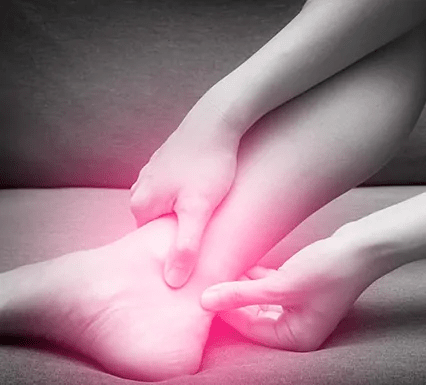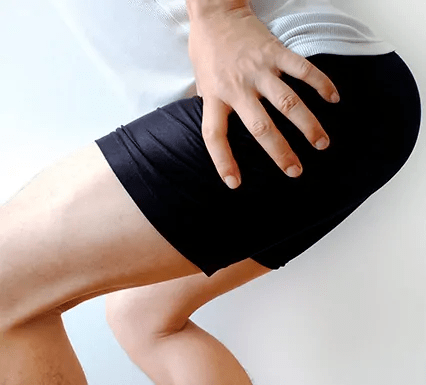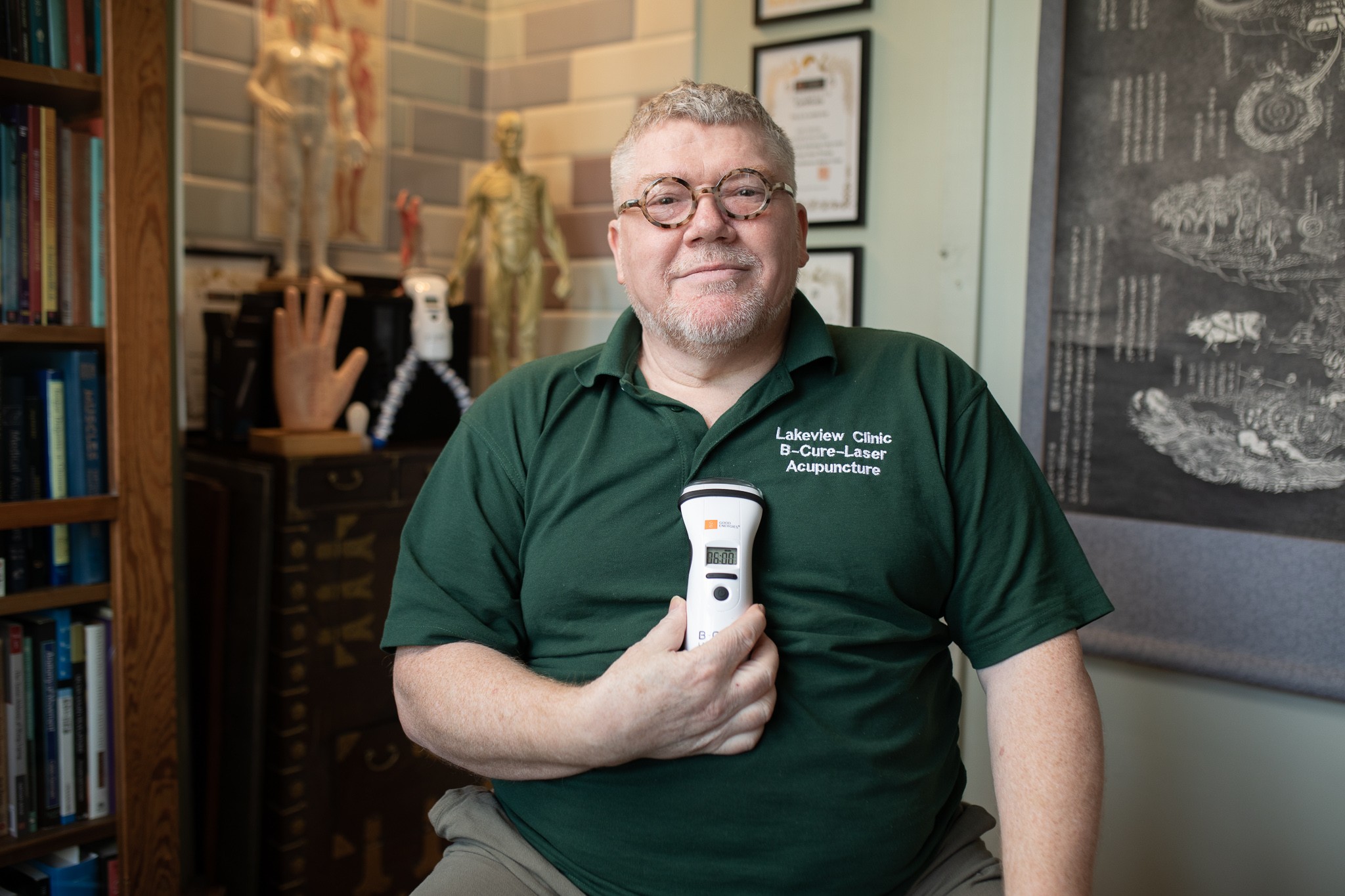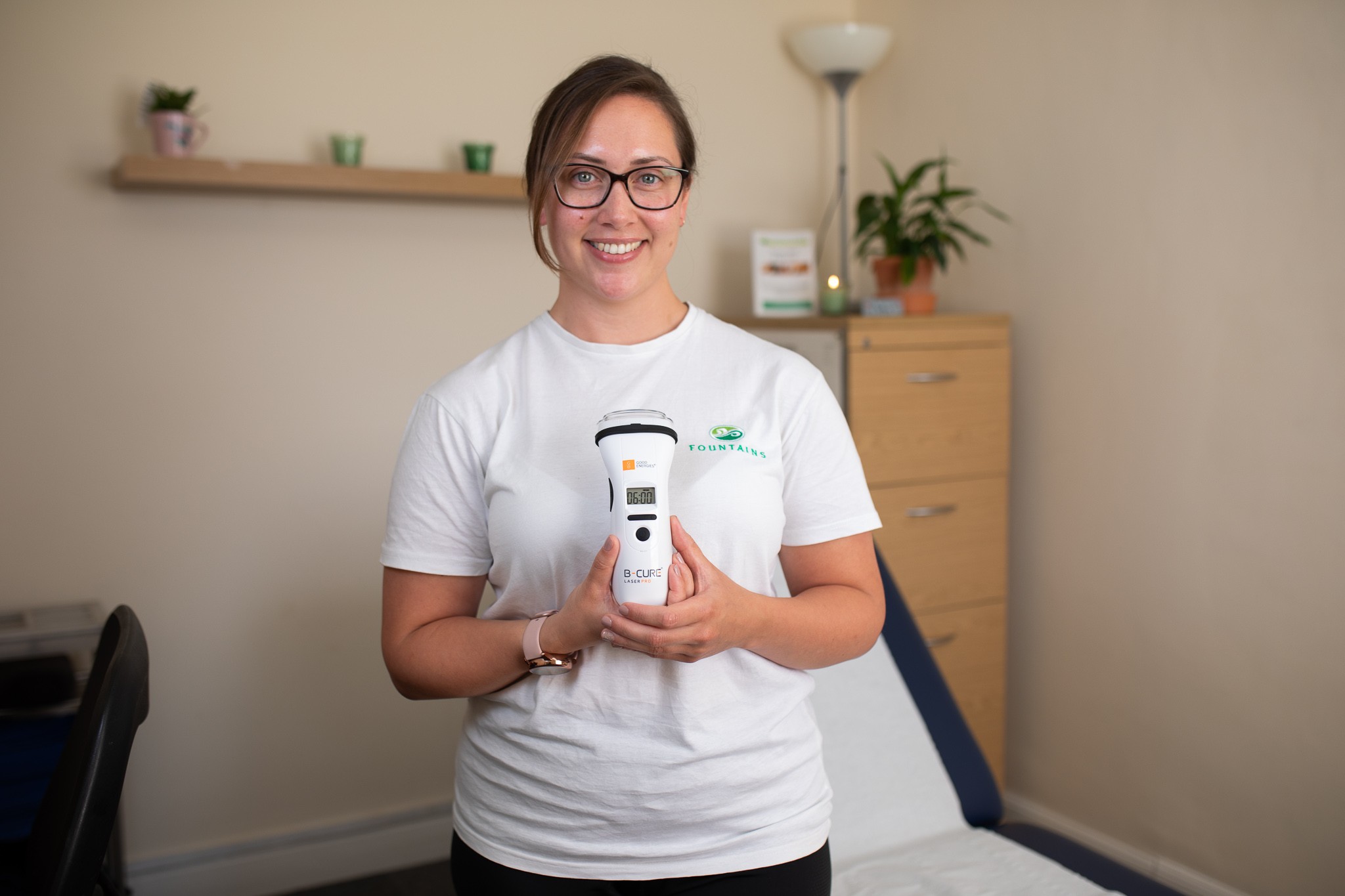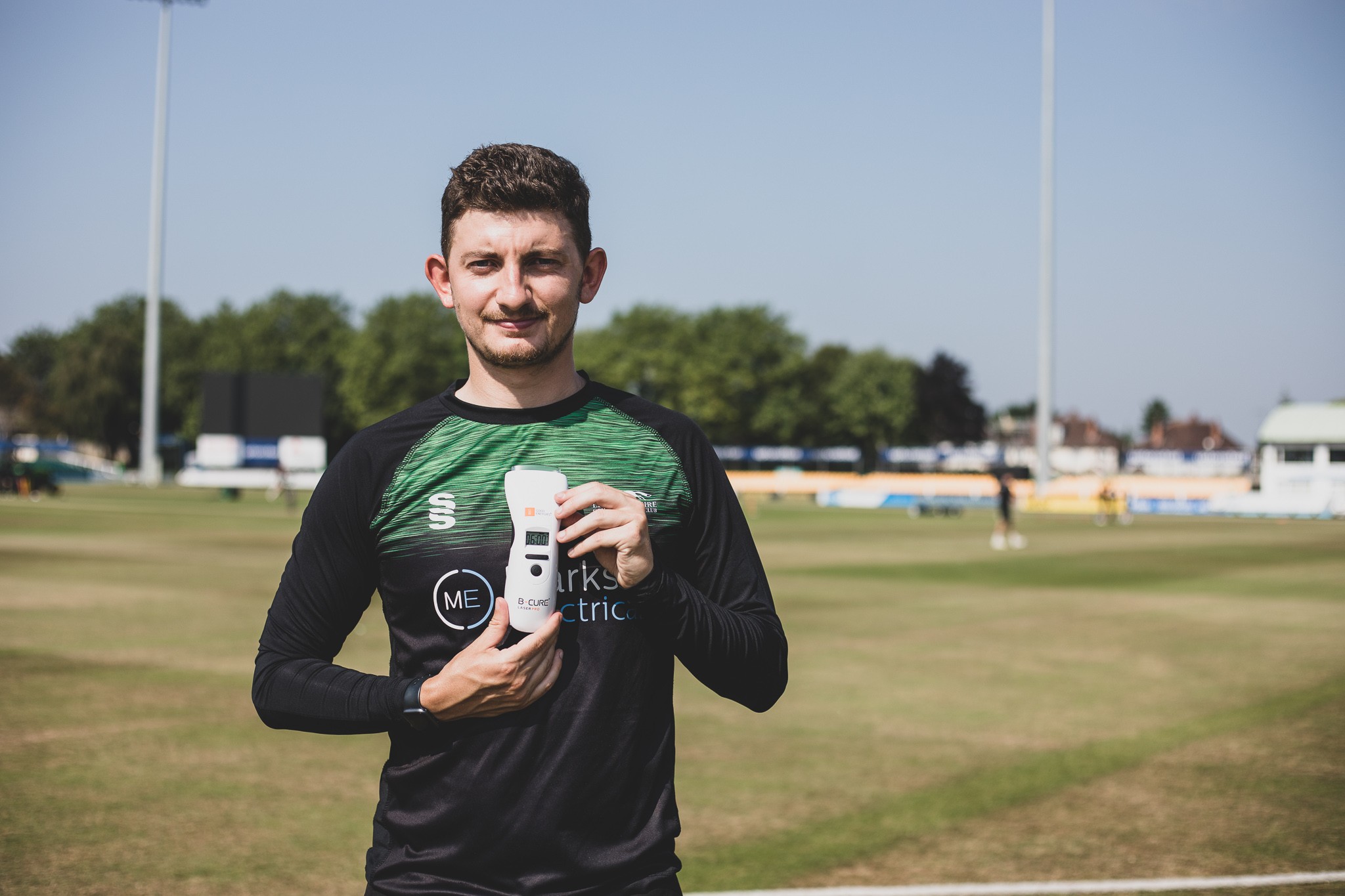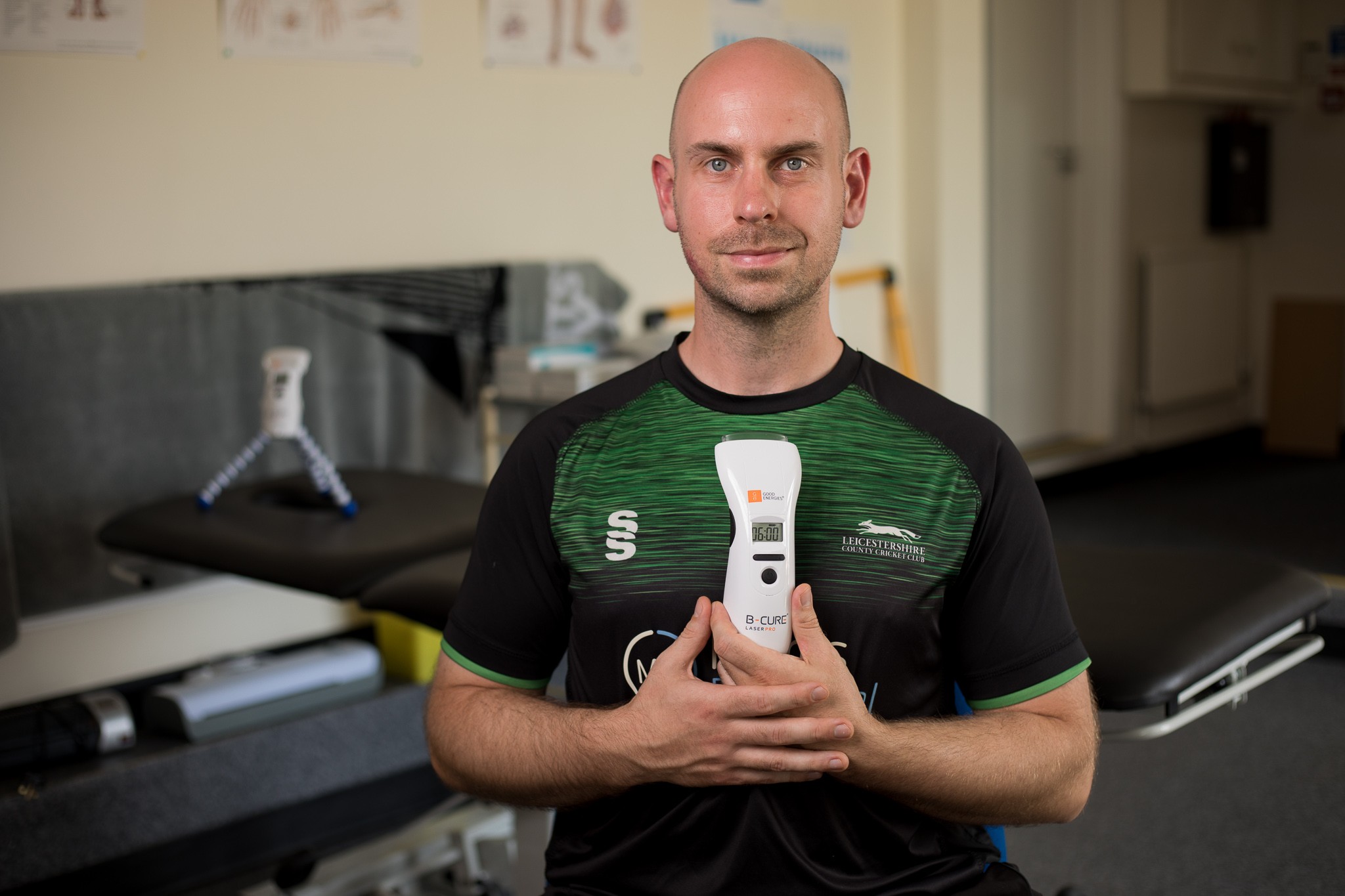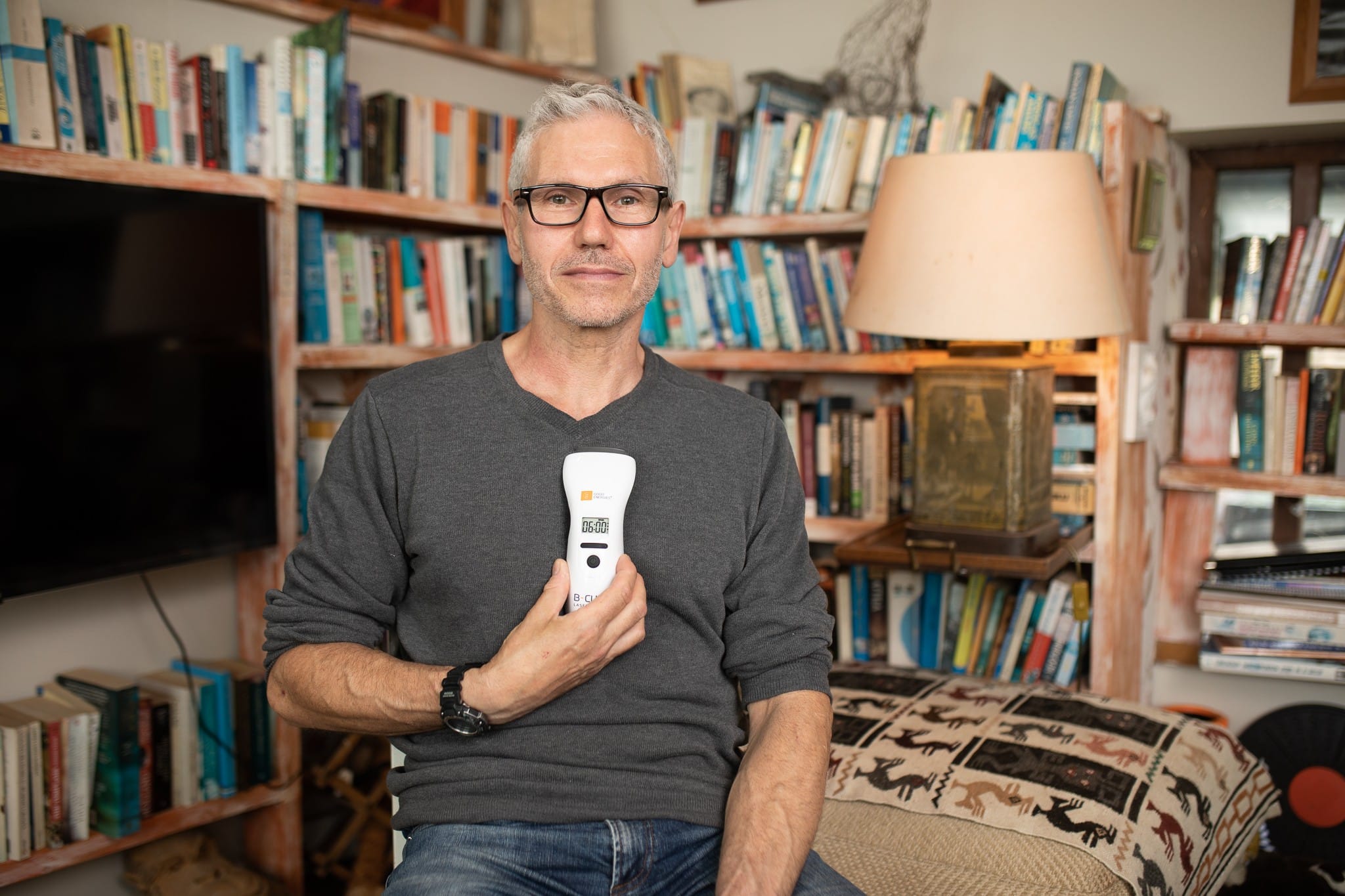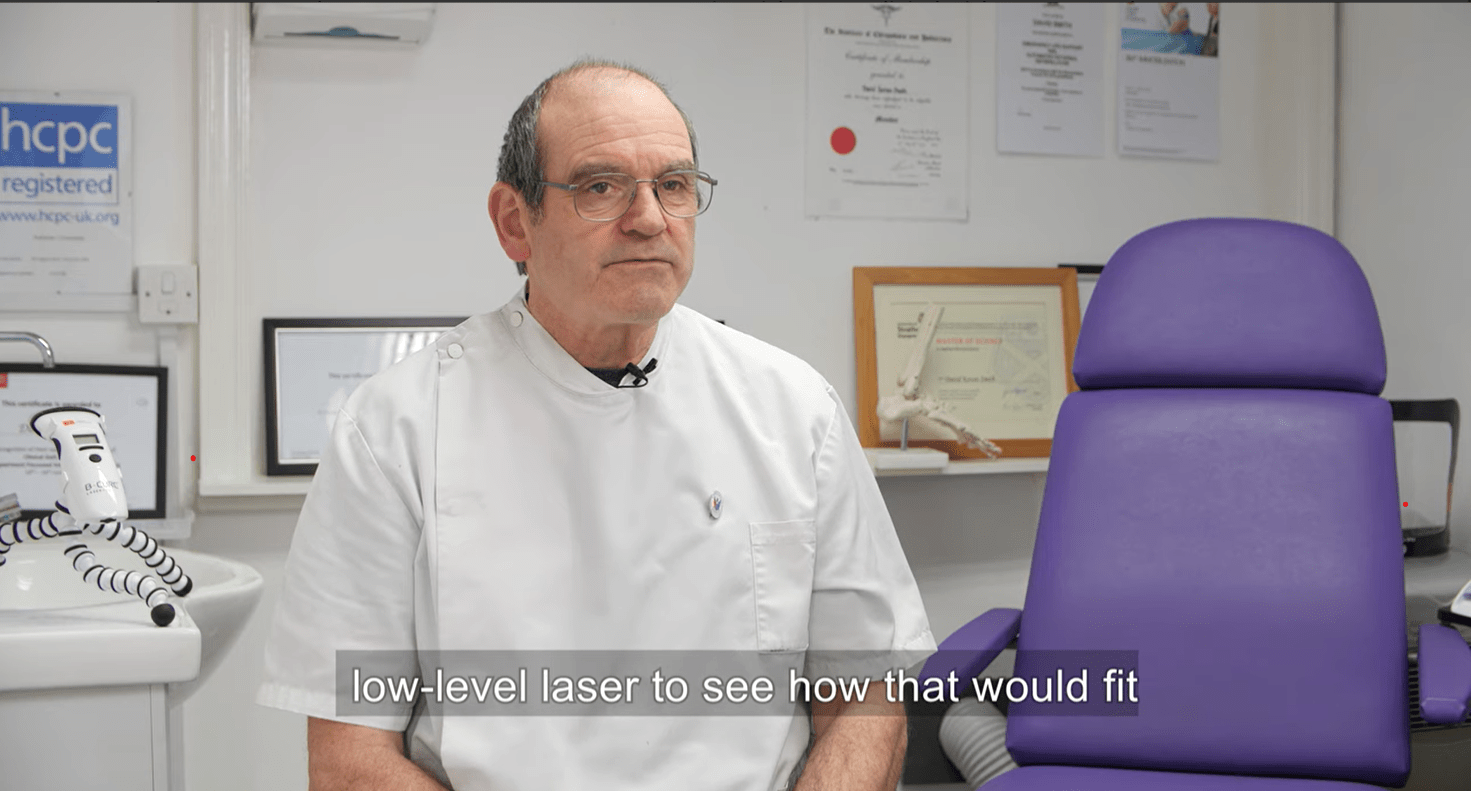Carpal Tunnel Syndrome (CTS) is a common condition affecting approximately 2% of the population. It occurs when the median nerve, which runs through the carpal tunnel in the wrist, becomes compressed. This nerve compression leads to a variety of symptoms, including numbness, tingling, and weakness in the hand.
Women are more prone to developing Carpal Tunnel Syndrome than men, and the condition often worsens over time. Early diagnosis and treatment are critical to prevent permanent damage.
Causes of Carpal Tunnel Syndrome
The precise cause of Carpal Tunnel Syndrome can be difficult to determine, but several factors may increase the risk, including:
- Arthritis or other inflammatory conditions in the wrist
- Hormonal changes, particularly during pregnancy
- Diabetes
- Wrist fractures
- Genetic predisposition
- Obesity
- Repetitive wrist movements or the use of vibrating tools
- Hypothyroidism
In some cases, certain medications may also contribute to the development of this condition.
Carpal Tunnel Syndrome Symptoms
Symptoms of Carpal Tunnel Syndrome typically begin gradually and may worsen over time. Early signs include:
- Numbness and tingling, particularly at night
- Pain or a burning sensation radiating up the arm
- Discomfort in the thumb, index, and middle fingers
As the condition progresses, symptoms may include:
- Weakness in the hand
- Difficulty with fine motor tasks, such as buttoning clothing
- Dropping objects due to a lack of grip strength
In severe cases, muscle shrinkage at the base of the thumb may occur.
Treatment Options
The severity of symptoms often dictates the treatment approach. Non-surgical treatments include:
- Avoiding wrist-straining activities
- Wearing wrist splints, especially at night
- Using mild pain relievers or anti-inflammatory medications
- Treating underlying conditions like diabetes or arthritis
- Steroid injections to reduce inflammation
If symptoms are severe or persistent, surgical treatment may be necessary to relieve pressure on the Median nerve.
B-Cure Laser Therapy for Carpal Tunnel Syndrome
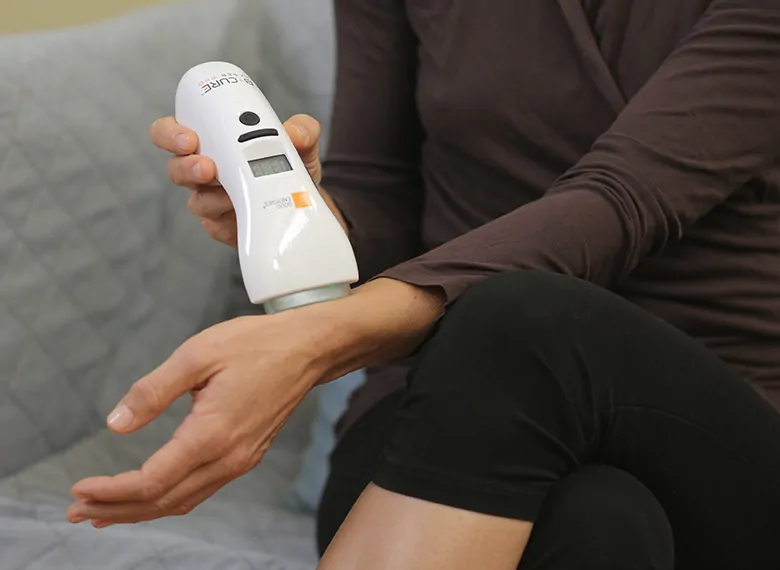
For those seeking a non-invasive treatment, the B-Cure Laser offers a breakthrough solution. This portable device uses advanced low-level laser therapy (LLLT) to alleviate pain and promote healing.
How B-Cure Laser Works:
- Pain Relief: The laser stimulates the release of endorphins to reduce discomfort.
- Swelling Reduction: It enhances natural healing by reducing inflammation.
- Cellular Healing: By promoting ATP production, the device accelerates tissue repair.
Benefits of B-Cure Laser:
- Non-invasive and easy to use at home
- Clinically proven to be safe and effective
- Suitable for all ages, with no known side effects
Treatment Protocol:
Apply the B-Cure Laser for 8 minutes on each wrist point twice daily. Focus on areas such as the inner wrist fold, thumb pad, and wrist joints. Use the adjustable stand for stability and precise targeting.
Conclusion
Carpal Tunnel Syndrome can significantly impact daily life, but early diagnosis and treatment can help prevent long-term damage. Whether you choose wrist splints, medication, or innovative solutions like the B-Cure Laser, relief is within reach. With its non-invasive approach and proven efficacy, the B-Cure Laser is transforming how we manage wrist pain and nerve compression.
Embrace effective treatment today and regain control of your life!
To learn more about other health conditions that the B-Cure Laser can help manage, please visit our Treatment Guide page.



